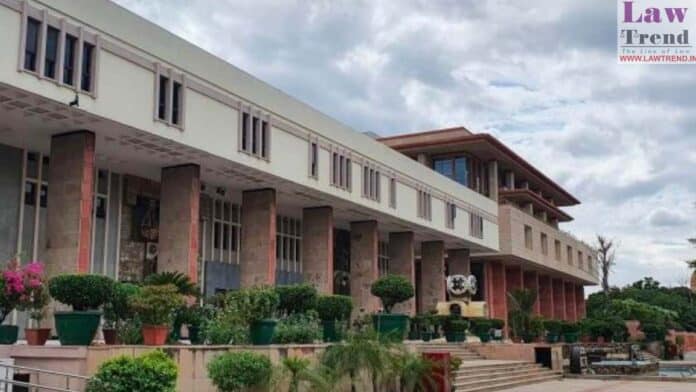The High Court of Delhi has stayed proceedings initiated by the National Commission for Scheduled Tribes (NCST) against Axis Bank Limited, along with summons issued to its Managing Director and CEO. In an order dated October 16, 2025, Justice Sachin Datta issued a prima facie finding that the NCST’s proceedings were “without jurisdiction.” The Court
To Read More Please Subscribe to VIP Membership for Unlimited Access to All the Articles, Download Available Copies of Judgments/Order, Acess to Central/State Bare Acts, Advertisement Free Content, Access to More than 4000 Legal Drafts( Readymade Editable Formats of Suits, Petitions, Writs, Legal Notices, Divorce Petitions, 138 Notices, Bail Applications etc.) in Hindi and English.




